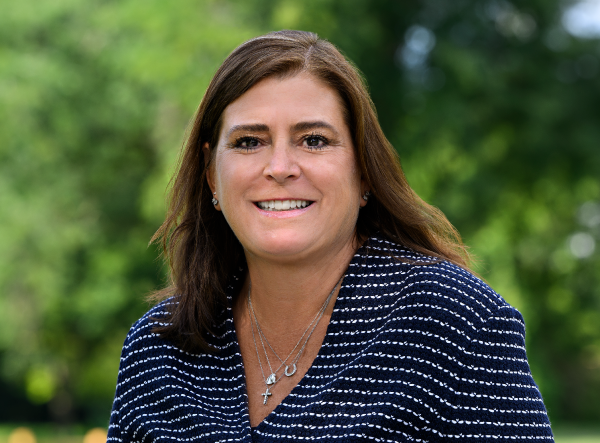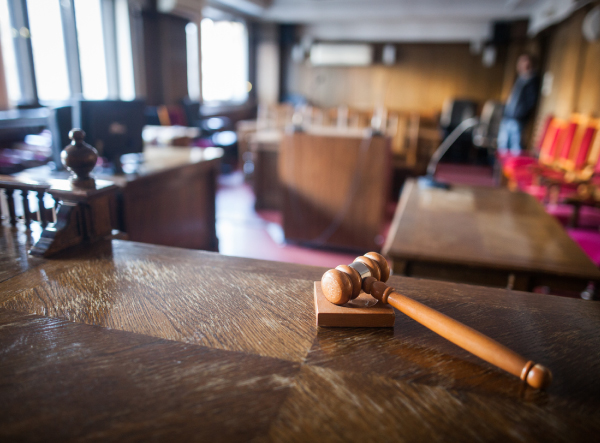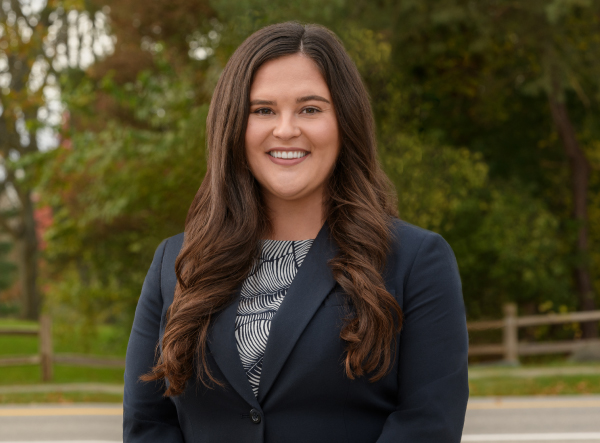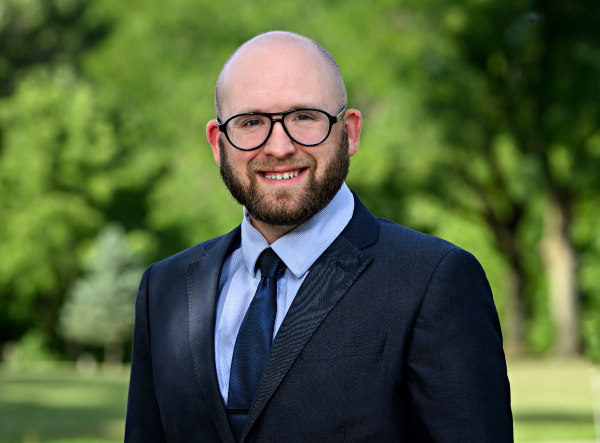Nicole Joseph-Windecker was recently honored as one of two 2023 recipients of the Michigan Defense Trial Counsel’s (MDTC) Golden Gavel Award.
The Golden Gavel Award is presented to a lawyer who has practiced law for 10 years or less and who, according to the MDTC, “exemplifies significant contribution to professionalism and
January 2023

2023 Limitation on Noneconomic Damages
On January 31, 2023, the State of Michigan Department of Treasury published the 2023 limitations on noneconomic damages for claims alleging medical malpractice. The “upper cap” is now adjusted to $960,500 (an increase of $73,000 from last year). The “lower cap” is now adjusted to $537,900 (an increase of $40,900
January 2023

FBMJ Congratulates New Members
Congratulations to FBMJ’s Lauren Rhoads for successfully passing the Michigan Bar exam. Results were announced earlier this month. Lauren has been working as a full-time paralegal with the firm since October of 2021 in the medical-malpractice practice area.
Rhoads is a graduate of Michigan State University College of Law with a
September 2022

FBMJ Attorneys Baron & McCann Publish Article – Hydrogen Blending: Protecting Against Manufacturer Liability
FBMJ attorneys, Richard Baron and Matthew McCann recently published the article, “Hydrogen Blending: Protecting Against Manufacturer Liability,” in Today’s Boiler, the official magazine of the American Boiler Manufacturers Association. The cover-story article focuses on the time-sensitive topic of hydrogen-blending (HB), a process of blending hydrogen and natural gas with a
September 2022

FBMJ Welcomes Attorney Suzanne Lewand
Foley, Baron, Metzger & Juip, PLLC is pleased to welcome Suzanne Lewand as a new attorney to the Firm. She joined the firm in August 2022 and will work in the firm’s Medical Malpractice practice group. Randall Juip, Member, made the announcement.
Before joining FBMJ, Suzanne worked at two metro-Detroit law
August 2022

FBMJ’s Brian Whitelaw & Anthony Pignotti Obtain No Cause Verdict in Kalamazoo County Case
Foley, Baron, Metzger & Juip attorneys, Brian Whitelaw and Anthony Pignotti, were successful in obtaining a no cause of action verdict in a recent medical malpractice/wrongful death lawsuit in Kalamazoo County. The case involved a claim made against a FBMJ allergy and immunology client and professional corporation alleging malpractice in
Foley, Baron, Metzger & Juip, PLLC is pleased to welcome Benjamin Demsky as a new attorney to the Firm. Benjamin joined the firm as an Associate Attorney in July 2022 and will work in the Medical Malpractice practice area defending health care organizations and professionals. Randall Juip, Member, made the announcement.
Before
FBMJ pharmacist attorney, Kim Sveska, recently published the article “PREP Act: What You Need To Know And What It Means For Prescribing” in the Michigan Pharmacist Journal (2022 Vol. 60 Issue 1), a publication of the Michigan Pharmacists Association (MPA). The article discusses the PREP Act and how it relates





